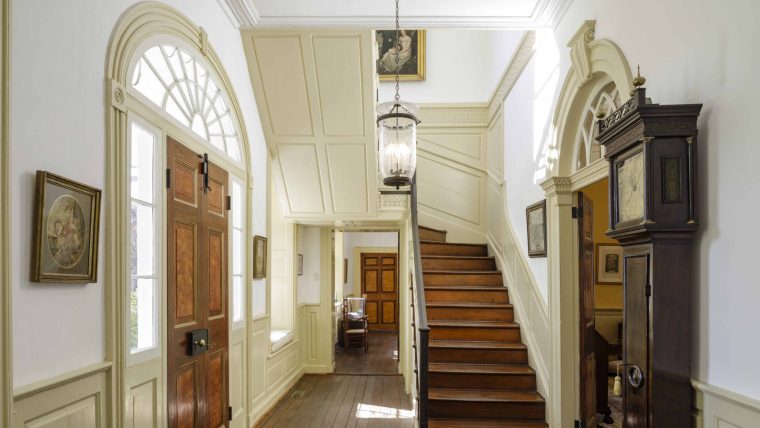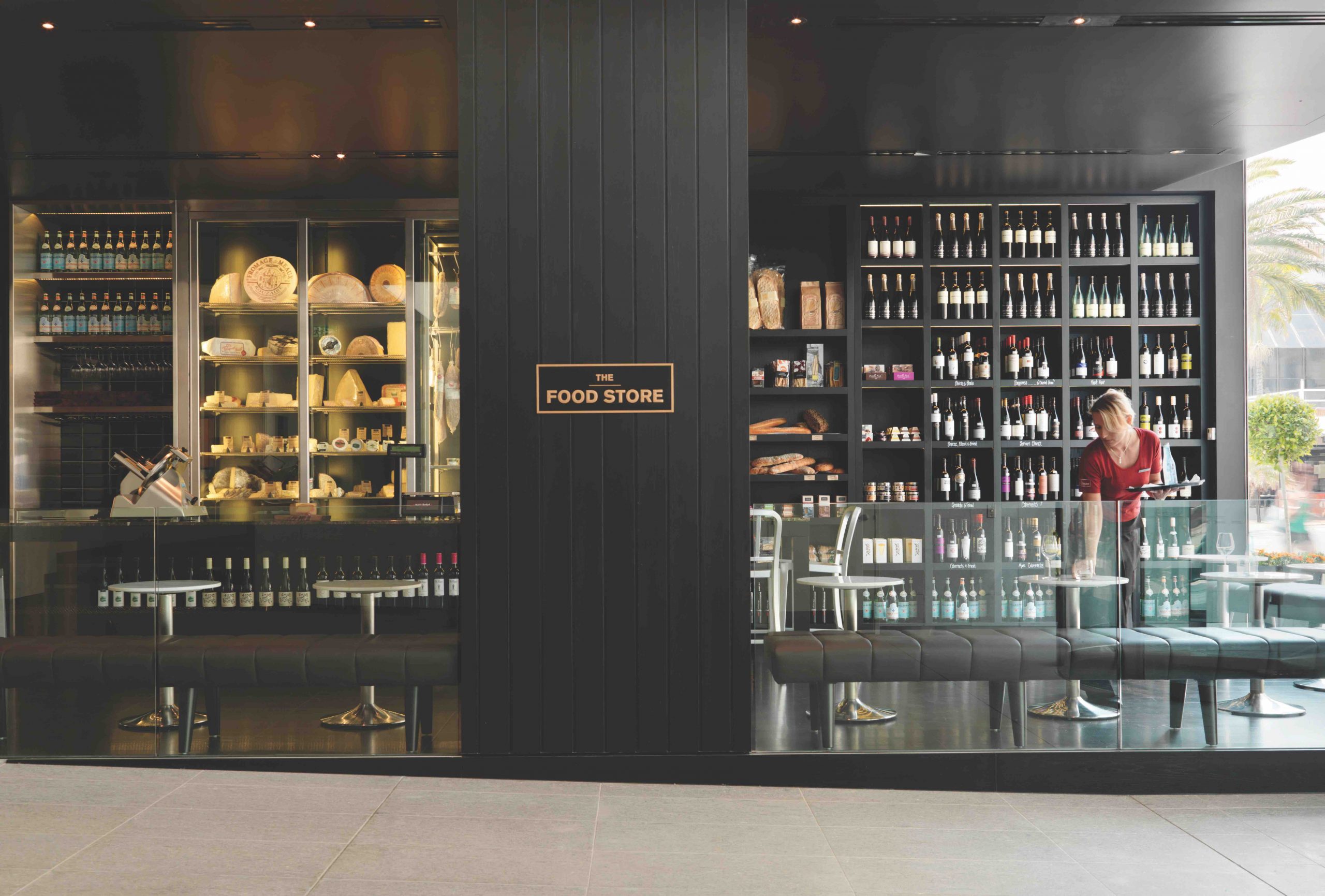Joe Doucet is an industrial designer who recently introduced his first-ever line of bespoke furniture called the WhyteLabel collection. During his career, he’s worked with Hugo Boss, BMW, Braun, Whirlpool, Target, YSL, Moet, Swarovski, 42 Below Vodka, and most recently, with Danish furniture company Fritz Hansen for an exclusive piece that debuted at this year’s Art Basel. A+A recently interviewed him via email:
The intent of your design?
Occasionally I create a design that doesn’t really have a home. It doesn’t appeal to a wide audience, its construction is too costly to invest in a large run, or it generally doesn’t fit into understandable categories. It just wallows as a prototype or rendering in the studio. WhyteLabel was born from the few concepts which I just couldn’t stand to see die a lonely death.
The inspiration?
The individual inspiration for each object is almost impossible for me to articulate, because I don’t really have a formal process of creating. The inspiration for the line comes from a desire to see a design that I particularly care about have a life outside of my sketch pad. It’s very simple, really.
The challenges inherent in the design?
These are all very challenging to produce. So many new or unproven techniques were required in making the line. I worked with very skilled craftsmen and artisans with many, many failures to get to the line we launched with. Honestly, when I heard from a maker “that will not be a problem” I knew they could not do it. Most of what I make is not always technically challenging or I would have few clients, but there was something about the products in this line… it almost defines it.
The materials? Why were they chosen?
The materials were chosen for two reasons. First, I wanted to work with precious and classical materials. I wanted there to be a value in the parts, not just the sum. Secondly, the materials give a cohesion to a line where little other than sensibility holds them together. I wanted this to feel like a “collection” and not a “line.”
Sustainabilty?
When we think of sustainability in a design context, the conversation is almost entirely focused on materials. Making something with a short life from recycled plastic or ethically harvested wood is not sustainable if it is to be replaced in a few short years by the “next” cool design. Every product in the WhyteLabel collection is made to order, which means very little waste in terms of storage and shipping. Additionally, the materials and craftsmanship required to realize these pieces mean they are both durable and expensive. If one cares enough about one of these pieces to spend a great deal, and then wait sic to eight weeks for their construction and delivery, one is less likely to dispose of them. A Chippendale chair is far more sustainable than anything currently on the market, not because of how it is made, but because it passes hands through the years. None of these pieces may reach such an iconic status, but they are certainly not conceived to become obsolete.
Who’s the target market?
I rarely set out to design these objects for a certain market. I feel it is easy to go awry when trying to appeal to a demographic or psychographic. The thought was to make objects that are interesting in their intent and excellent in their execution, so that a certain type of person might find value enough to become an owner of them.
For more on Joe Doucet, go to http://www.joedoucet.com/
[slideshow id=543]


